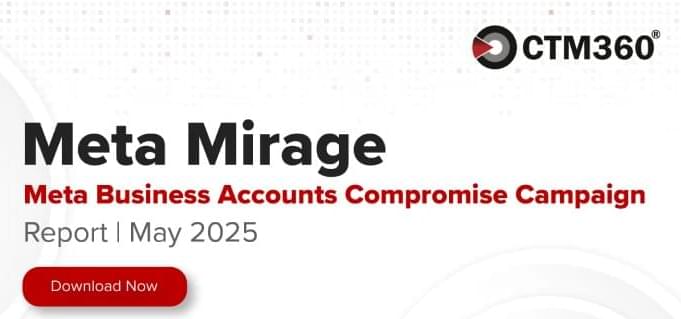Is Gemini 2.5 Pro the AI breakthrough that will redefine machine intelligence? Google’s latest innovation promises to solve one of AI’s biggest hurdles: true reasoning. Unlike chatbots that regurgitate data, Gemini 2.5 Pro mimics human-like logic, connecting concepts, spotting flaws, and making decisions with unprecedented depth. This isn’t an upgrade—it’s a revolution in how machines think.
What makes Gemini 2.5 Pro unique? Built on a hybrid neural-symbolic architecture, it merges brute-force data processing with structured reasoning frameworks. Early tests show it outperforms GPT-4 and Claude 3 in complex tasks like legal analysis, medical diagnostics, and ethical dilemma navigation. We’ll break down its secret sauce: adaptive learning loops, context-aware problem-solving, and self-correcting logic that learns from mistakes in real time.
How will this impact you? Developers can build AI that understands instead of just parroting, businesses can automate high-stakes decisions, and educators might finally have a tool to teach critical thinking. But there’s a catch: Gemini 2.5 Pro’s \.






